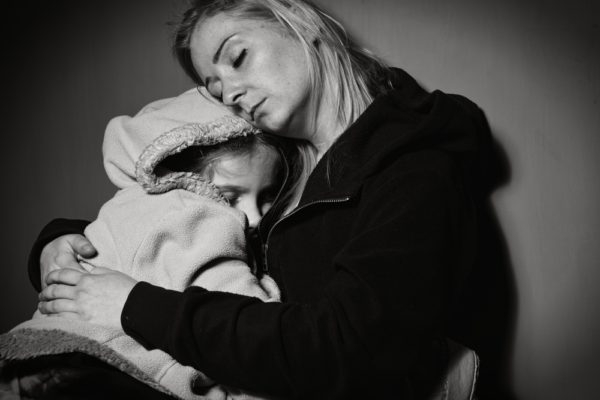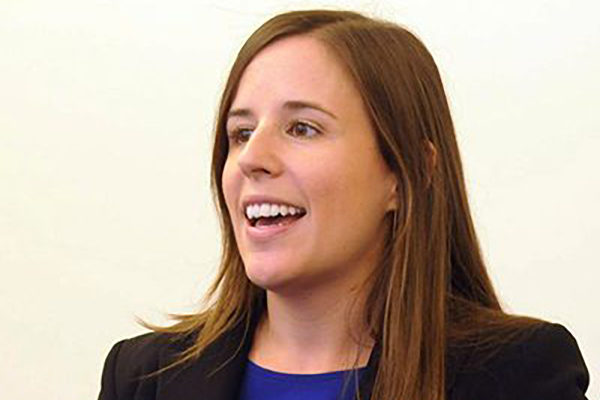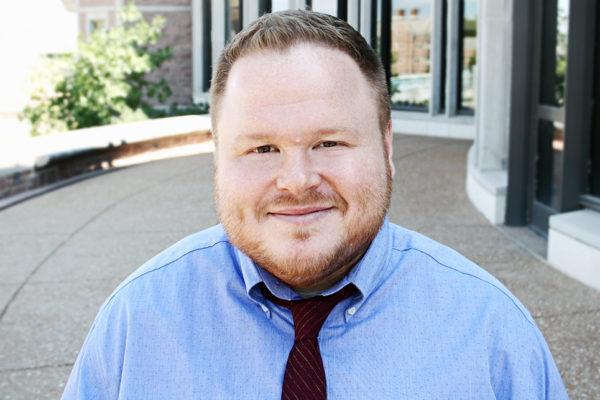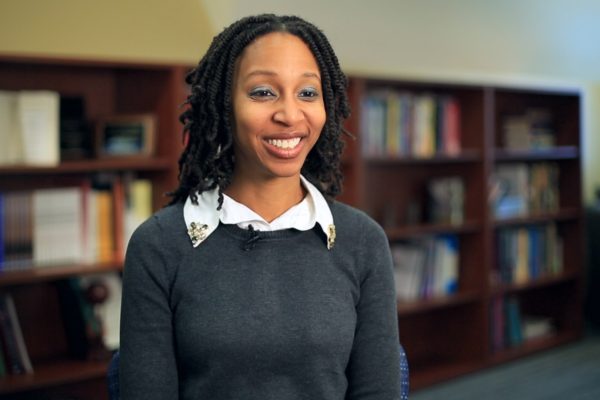Cannabis is an exit drug for opioid addicts
What’s it going to take for us to recognize the value of cannabis in combating the opioid epidemic? Medical professionals and scientists do not need additional convincing. But others certainly do. As a nation, we must acknowledge cannabis as the exit drug to the opioid epidemic.
Parenting, child care services have most potential to help low-income families
Child care, parenting and child health/health care are important factors in improving the lives of children in low-income families, according to a new study from the Brown School, which surveyed 211 helpline staff.
Sepper awarded Program in Law and Public Affairs fellowship at Princeton
Elizabeth Sepper, professor of law, has been awarded a Program in Law and Public Affairs fellowship at Princeton University for the 2018-19 academic year. Sepper is one of five people to receive the prestigious fellowship.
Finding strength in challenging times
Graduate student speaker Donald Gerke’s Commencement speech will focus on the importance of perseverance, finding strength to continue working in challenging times, and the importance of continuing to push for social justice throughout students’ lives.
Despite call for big cuts, Trump’s budget maintains regulatory spending
Overall, budgets and staffing levels at regulatory agencies have been increasing over the last six decades. Whether Trump’s deregulatory emphasis will have an impact on the size of the regulatory agencies remains to be seen.
WashU Expert: Trump’s drug pricing plan breaks little new ground
President Donald Trump, in a long-awaited speech May 11, took aim at reducing drug prices in America. But there was little in the speech or the administration’s plan that takes direct aim at industry, says an expert on drug policy at Washington University in St. Louis.
When black men are harassed
It is long overdue for women to receive the benefit of the doubt and for institutions to stop defending and protecting those who create unsafe work environments. But while women are finally being believed, sexual harassment and violence isn’t gender-specific.
Where therapeutic intuition meets technology
A new suite of technology tools developed by David Patterson Silver Wolf, associate professor at the Brown School, aims to enable addiction and behavioral health professionals to monitor their own treatment services, as well as their patient’s recovery process, using data as their guide.
New report released on segregation in St. Louis
A new 115-page community-driven report on segregation and housing in St. Louis has been released by numerous local partners in the fields of public health, law, fair housing, and community development, including the Brown School’s For the Sake of All initiative.
WashU Expert: What it means for Trump’s lawyer to ‘take the Fifth’
While Michael Cohen, one of President Donald Trump’s lawyers, may be permitted to keep silent in the civil case involving Stephanie Clifford, his silence may still be used against him, said Peter Joy, professor of law at Washington University in St. Louis.
View More Stories









